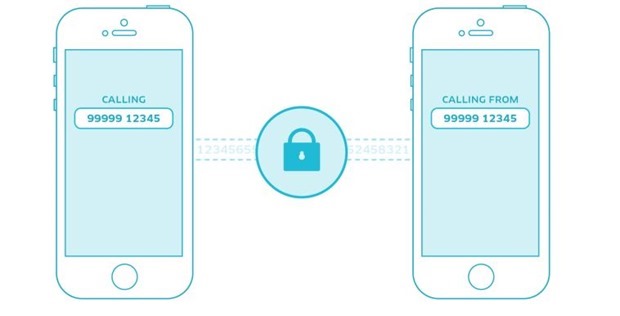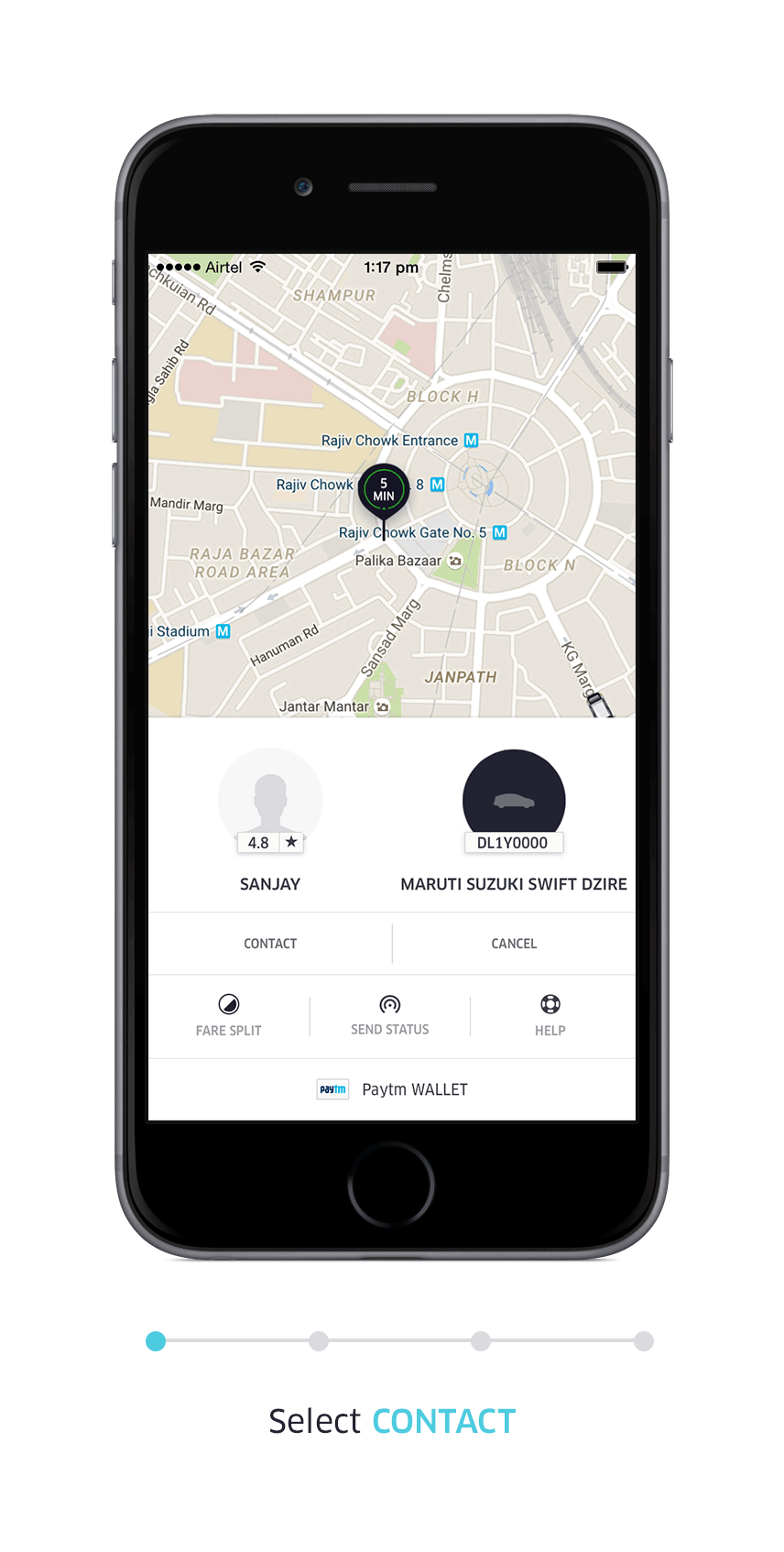After Ola, Uber Too Brings Disguised Phone Numbers For Passenger Privacy!

That was quick! Just 3 days back, Ola announced launch of “Number Masking” feature to protect customer’s phone number from driver and today Uber has come up with a similar feature and it is called “Disguised Phone Numbers”!
It’s amusing to see that in the Press Release sent to us – they call “Disguised Phone Number” feature a new tech innovation! While it is true that very few cab aggregator apps (except Ola & Uber) have this, calling it a new tech innovation is a little far fetched.
However, lets look at how disguised phone number operates. It is quite self explanatory – both, the driver as well as passenger can communicate with each other on the phone, but they will not see the real numbers. Instead they will be shown a ‘disguised’ numbers on their devices.
Check the animated Gif below, that shows exactly how it works:
Uber claims that their disguised phone number technology has been tested with hundreds of driver partners in cities across India. The roll out to everyone will be done in phased manner in coming days.
Uber Cabs are getting safer
After the infamous Delhi rape incident, Uber has taken multiple steps to ensure passenger safety. Here are a few of them:
- Uber has carried out re-verification of all their driver-partners with the Police across all cities in India. Also, additional independent background screening is also done for all drivers.
- Established a dedicated local Incident Response Team that is on call 24/7 to handle critical situations
- Introduction of SOS button to connect riders with the local police in the event of an emergency
- Send Status feature so riders can share live GPS location and complete trip information with pre-selected emergency contacts
- Uber has also created bespoke SOS alert solution for law enforcement across India.


This is really good. In a place like India, most people, especially girls, are unwilling to disclose their mobile numbers to strangers. Such a facility will not only provide privacy and safety, but will also help more people to opt for such facilities.
This technology was patented in India and USA many years ago. Nothing new here except that they should be licensing it first before rolling it out commercially.
Consumer Security must be high priority and this action will prove that privatisation and competition make things better